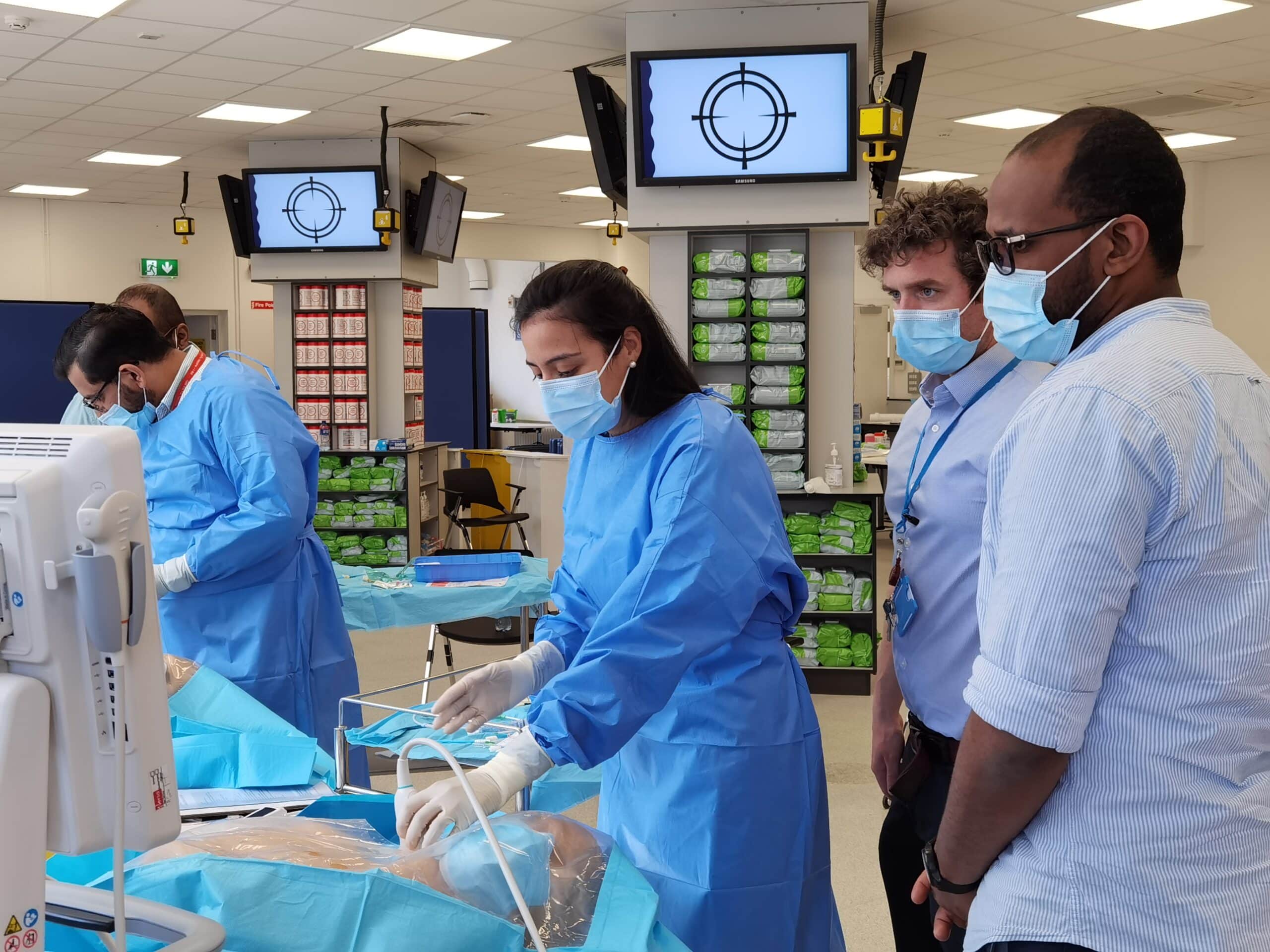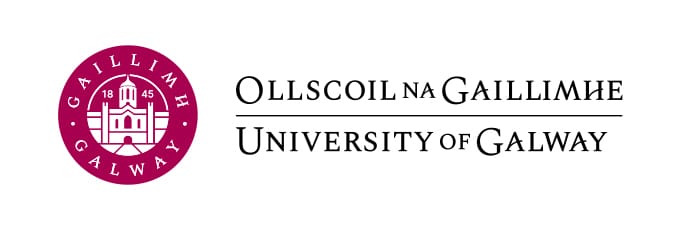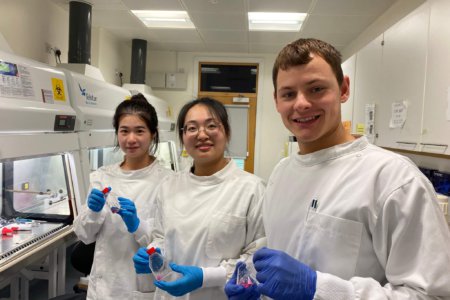Practice makes perfect — but for doctors and healthcare providers, it’s more. It could be the difference between life and death. Confidence matters and to get it, doctors and nurses need the right tools and space to do more before they take on any tricky procedure. It’s important that they have someone to educate them on how to perform procedures unsupervised in one attempt and to feel confident doing so.
Dr. Liesel Bösenberg aims to be that person. She saw the need for postgraduate skills development and training in the field of critical care in the private health sector in South Africa and sought formal qualification in simulation. It wasn’t easy to find one — which was why the University of Galway’s online PDipSc in Healthcare Simulation and Patient Safety stood out to her.
She was drawn to the content — specifically on how it covers all aspects of adult learning theories and simulation-specific topics, focusing on elements in training programmes and clinical practice that directly impact patient safety.
Upon joining the programme, Bösenberg saw all of this come to life. “The simulation educator team at The Irish Centre for Applied Patient Safety and Simulation are vibrant, dynamic, and hands-on individuals and distinguished experts in their field. They actively drive research and prodigiously publish articles in peer-reviewed journals,” she says. “They constantly find innovative ways of incorporating simulation-based experiences in their pre-and postgraduate training programmes. I find their work and passion for simulation education inspirational.”
Both the diploma and master’s programmes are online. It’s ideal for the busy healthcare provider or simulation centre team member seeking to achieve high performance and to improve patient safety. The programme uses manikin-based training for teamworking, task trainers for procedural skills, simulated persons for communication skills and virtual /augmented reality.
Although online, students get three days of immersion in a new purpose-built facility in the School of Medicine at the University of Galway. It is state-of-the-art, spans more than 20 immersive learning rooms, and is fitted with high-powered cameras and audio-visual equipment — the largest and most modern facility of its kind in Ireland.
Today, Bösenberg is currently working at Steve Biko Academic Hospital and the University of Pretoria. “Since successfully completing the PDipSc in 2019, I have applied the simulation-based educational principles I have learned in private-based point-of-care ultrasound workshops hosted by Critnet Skills Laboratory,” she says. “And since my return to academic medicine at the Steve Biko Academic Hospital and the University of Pretoria in February 2021, being involved with enhancing current and future curricular content in the Department of Internal Medicine with simulation-based educational experiences, as well as the application of simulation-based education in resource-limited and rural settings.”
For Dr.Timothy Elgin, his biggest takeaway was seeing the magic of simulation. The consultant Neonatologist and Associate Professor at The University of Wisconsin-Madison completed the MSc in 2021.
“Gone are ‘I can use simulation to teach this first-year fellow to put in a chest tube’ and now the thoughts are “how can I use simulation to improve our divisional response to future global pandemics as of yet unimagined?’” he says. “The structure of the programme worked very well for me as learner. Through lectures, articles and supplemental reading, my background knowledge and foundation grew steadily. Learning the University of Galway approach has improved my debrief skills immensely. It has supplemented or replaced much of what I had learned in the past.”
Whether reaching an audience or helping the sick, there is something to cater to every individual’s interest at the University of Galway. Just ask Conor Hussey, who graduated with an MSc in Exercise Physiology and its Application in Therapy. “I chose the University of Galway for its reputation for teaching and research excellence and innovation,” he says. “Without a doubt, I would recommend the MSc to other students with a passion for exercise and helping others.”
Passions like these can shine in this dynamic programme. Not only do students gain knowledge of exercise physiology and evaluation of fitness, they learn to plan and provide an exercise programme to healthy clients and as therapy in certain clinical settings as well. Along the way, they obtain professional recognition from REPs Ireland/ACSM and prepare for a career as an exercise specialist/therapist.
Conor graduated last year, with the confidence to launch his career in this field. “The lectures and tutorials were fantastically designed and taught, and this allowed me to learn in my own time. My lecturers were incredibly helpful and accessible, and this all contributed to a fantastic learning environment,” he says. “My postgraduate programme provided me with invaluable skills and qualities that I am now putting into practice in the workplace. I am delighted I chose the University of Galway.”
Follow the University of Galway on Twitter, Instagram, Facebook, YouTube, and LinkedIn












